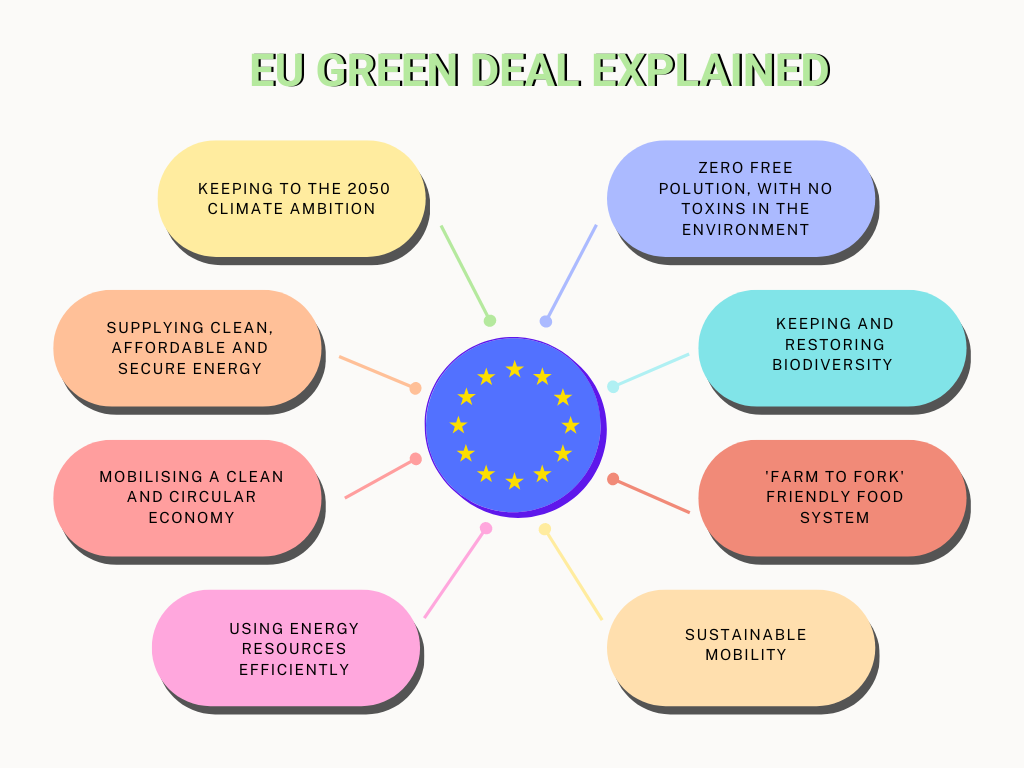
By Dominique Nash and Sigurd Skjoldaa Kempf
The European Commission wants to make the EU’s climate, energy, transport and digital policies coherent to reduce greenhouse gas emissions by at least 55% by 2030. This highly ambitious plan means that the EU would become the first climate neutral continent.
Becoming climate neutral means going towards a zero-emission society and economy in which the industry should thrive and further innovate themselves.
Renewi is a waste center within the Netherlands, with 160 stores in the Benelux, which already processes 90% of collected resources into new raw materials.
By 2050, the EU aims to make all waste reusable. Coming back, again and again, in a circular way, so that it can be used to manufacture something new.
“If you put the recycler at the end of the chain, there is no way you’re going to achieve that goal. It needs to play a crucial role in the design and production phase,” head of communications at Renewi, Peter van Kessel, says, inviting us to one of Renewi’s factories in Dordrecht.
Renewi recycles many types of materials but has particular expertise in recycling electronic waste across three different countries.
Through specialized machinery, Renewi is able to harvest the raw materials found in electronic waste, such as copper, gold, metal, silver, palladium, and more.
The Industry Needs to Change
To reach the EU goal of all reusable waste, aspects of the industry need to change, van Kessel argues.
“Today, more and more products are designed in such a way that parts are glued and soldered together, making them very challenging to repair,” he explains.
Anaïs Michel backs up his claim through her expertise in law regarding product longevity.
“Manufacturers sometimes design products that don’t last as long as they could. Also, consumers throw away products too early, while the product still works. I think it’s a shared responsibility.
Van Kessel argues that we will run out of certain natural materials if we keep harvesting new ones.
“If the industry doesn’t innovate on that, we will have a serious problem. It’s about whether and how we can use the resources again and again.
If we can recycle and reuse the materials, innovation can thrive, and we will have the materials and parts we need to build that new and better thing in the future.”
